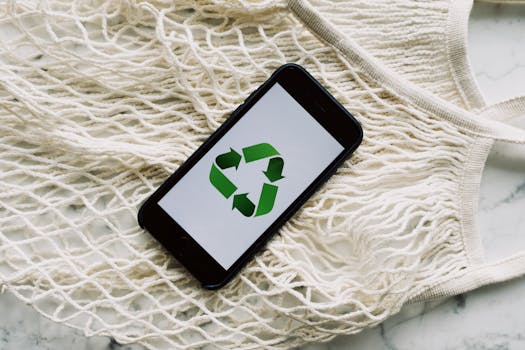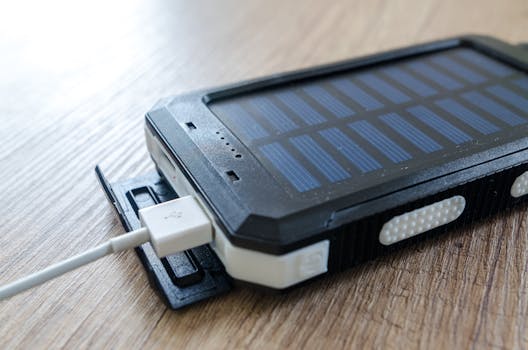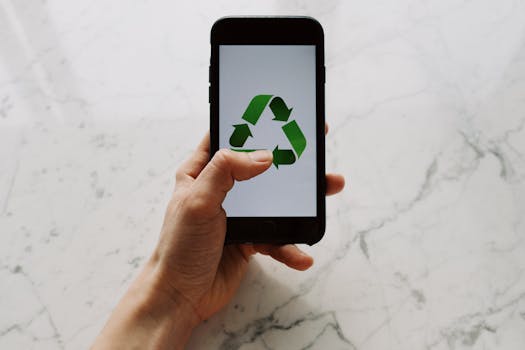
Introduction to Sustainable Technology

Sustainable technology is becoming increasingly vital as the world faces environmental challenges. By 2025, innovation in eco-friendly gadgets will shape the way individuals live, work, and interact with the planet. Technology that promotes sustainability does not only reduce waste, it also enhances energy efficiency, responsibly utilizes resources, and creates a healthier environment.
Solar-Powered Smart Homes

Imagine automated homes powered entirely by solar energy. In 2025, we can expect a rise in Solar-Powered Smart Home systems that integrate seamlessly with devices designed particularly for energy efficiency. These systems will use photovoltaic panels to harness the sun’s energy, significantly lessening reliance on fossil fuels. Homeowners can control heat, lighting, and appliances through smart systems powered by solar energy, allowing for real-time energy consumption monitoring. Eco-conscious consumers will embrace these advancements more than ever.
Wearable Technology for Wellness

The evolution of wearable technology corresponds with an increasing emphasis on sustainability. In the coming years, watchdog health-gadgets such as sustainable fitness trackers will emerge with eco-friendly materials and energy-efficient functionality. For instance, we might see the rise of device-free self-monitoring featuring renewable battery solutions and ethical sourcing practices.[keywords] These gadgets promote personal fitness while making a positive impact on global resource consumption, paving the way for a health-focused, environmentally responsible lifestyle.
Eco-Friendly Transportation

Transportation remains a significant contributor to global pollution, and E-vehicles are stepping up to change that narrative. As we approach 2025, expect to see a dramatic increase in electric scooters, bicycles, and hyper-efficient vehicles made with recyclable materials starring on the roads. Advanced battery technology and lighter materials will lead to longer distances on a single charge, drastically reducing the transportation sector’s carbon footprint. Alongside shared mobility options accelerated by mobile apps, the advancements in electric transportation are ultimately undermining our detrimental reliance on older gas vehicles.
Innovative Recycling Gadgets

The increased focus on recycling innovations will result in various smart recycling gadgets available by 2025. From homes to small businesses, these gadgets can effectively sort and process waste, ensuring that recyclable materials are appropriately handled. Innovations like AI-powered waste management systems can recognize materials and help reduce contamination in recycling streams, driving the idea of a circular economy forward. As we normalize responsible consumerism, technological solutions for minimizing waste will transform societal norms pertaining to consumption.






